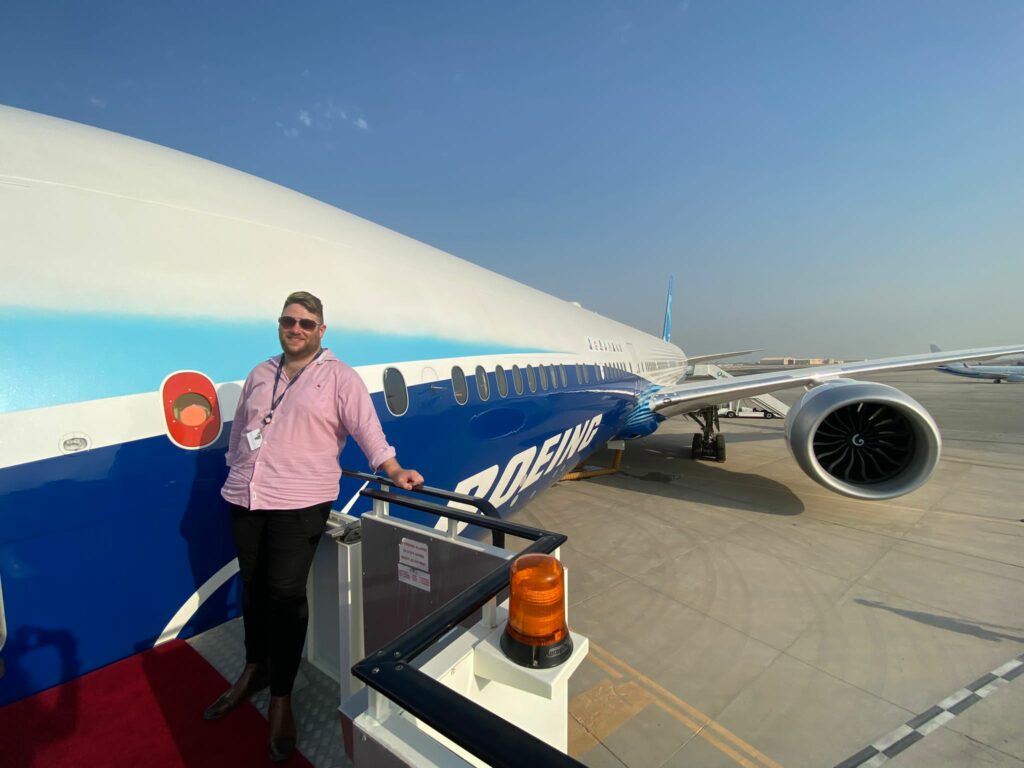I think we all knew Australia’s airline industry was struggling in some areas, but did any of us realise just how much this was the case?
A comprehensive study of two decades of flight operations data, released this week by the Australian Travel Industry Association, has sent the air sector’s dirty laundry into spin mode without any water or laundry detergent. It concluded that carriers are strategically cancelling flights to maximise their profit.
The damning results, conducted by former Qantas Airways economist Tony Webber, found a number of commercial reasons why airlines cancel flights. Chief among them, the importance of landing slots as an asset to carriers.
The finding of this slot misuse, which included Webber describing the “80-20 rule” as unfit for purpose, is like a red rag to the travel industry’s bull.
In the midst of the compiling of a Department of Transport-commissioned Aviation Green Paper – in which slot reform is expected to feature prominently – disregard for what is best for fliers is sure to infuriate industry stakeholders, who Webber suggests are some of the biggest losers from the current situation.
Hopefully it will also catch the eye of the Australian Government, whose Green Paper surely now cannot come soon enough – for the good of the industry, the travelling public, and the country.
That was certainly the intention of the Australian Competition and Consumer Commission (ACCC), which this week urged the government to specifically include competition as a new objective in Sydney Airport’s slot management scheme, particularly to improve access to emerging domestic carriers, such as Rex Airlines and embattled LCC Bonza.
The ACCC said slot management has become increasingly crucial to competition, and believes defining this concept as an objective will make it easier for decisions to be made in line with the Sydney Airport Demand Management Act 1997.
The submission called for the Compliance Committee outlined in the Act to be converted into a separate body operating independent of airlines, going further than the recommendation in the Harris Review of 2021.
It may seem like a no-brainer to ensure the airlines misusing the slots in the first place are not also members of the Compliance Committee, but with the scent of blood on its nose, the ACCC wants to go further.
The ACCC wants to empower the Compliance Committee to impose its own penalties on the airline sector, including withdrawing slots, and even pursuing action in Federal Court.
However it didn’t end there for the woebegone air sector, which also reported worsening on-time performance in December.
Data from the Bureau of Infrastructure and Transport Research Economics showed cancellation rates across Australia’s airlines closed at 5%, worse than the 3.4% rate one year earlier.
Virgin Australia and Qantas both contributed heavily to this result, cancelling 7.5% and 3.7% of their flights respectively.
However even those results were not bad enough to claim the cancellation crown, with Bonza scrapping nearly one in every five of its 701 scheduled flights.
One factor which saw cancellation rates climb was disruptions experienced at Cairns Airport, which closed for several days during December due to Cyclone Jasper.
Bonza also pointed to the delay in regulatory approval related to its aircraft operating out of its new Gold Coast base, calling out a substantial improvement in performance this month, with cancellations sitting at just 1.7% so far in January.
Let’s hope Australia’s newest airline, and its far older competitors, have climbed back to something resembling cruising altitude when this month’s results are released.
Thankfully, though, there was also some news to celebrate from the airline sector this week, with tourism officials across Victoria united in euphoria at the news Turkish Airlines will launch flights from Istanbul to Melbourne from March.
The formal announcement confirms an earlier reveal from a statement to Turkish investors earlier this month that Travel Daily uncovered, with the airline to initially fly from Istanbul to Melbourne via Singapore three times weekly, using a Boeing 787-9 Dreamliner.
Turkish will land in Melbourne for the first time on 16 March, marking the sixth continent served by the airline.
There were developments from elsewhere in the travel industry this week too, with Helloworld Chief Commercial Officer Peter Crinis set to seek a new opportunity after the travel agency announced his departure.
Crinis was only hired in June, having formerly headed up Crown Resorts and Visit Victoria, but departs Helloworld with the blessing of Chief Executive Officer Andrew Burnes.
Elsewhere in the travel industry, new data released by the Japan National Tourism Organisation revealed Australians have been flocking to the country – possibly because international airfares are dropping, as revealed by Flight Centre’s flagship corporate division FCM.
Let’s hope for more of that better travel industry news next week!






